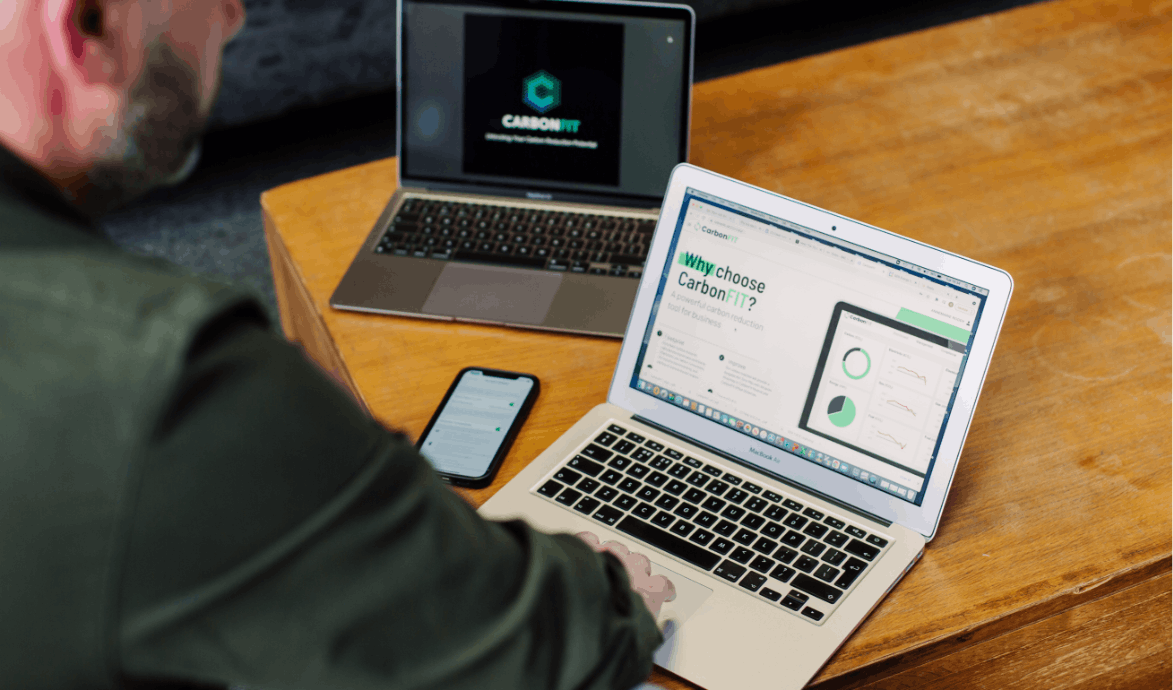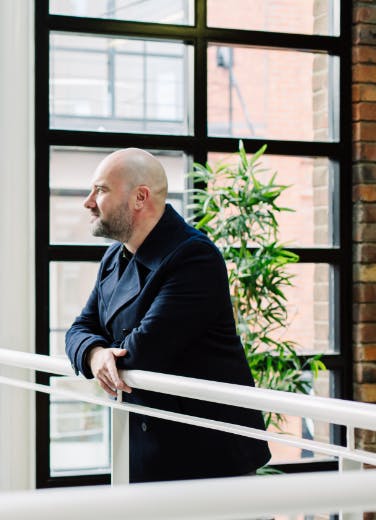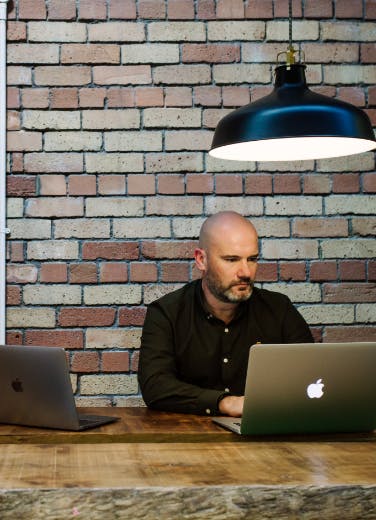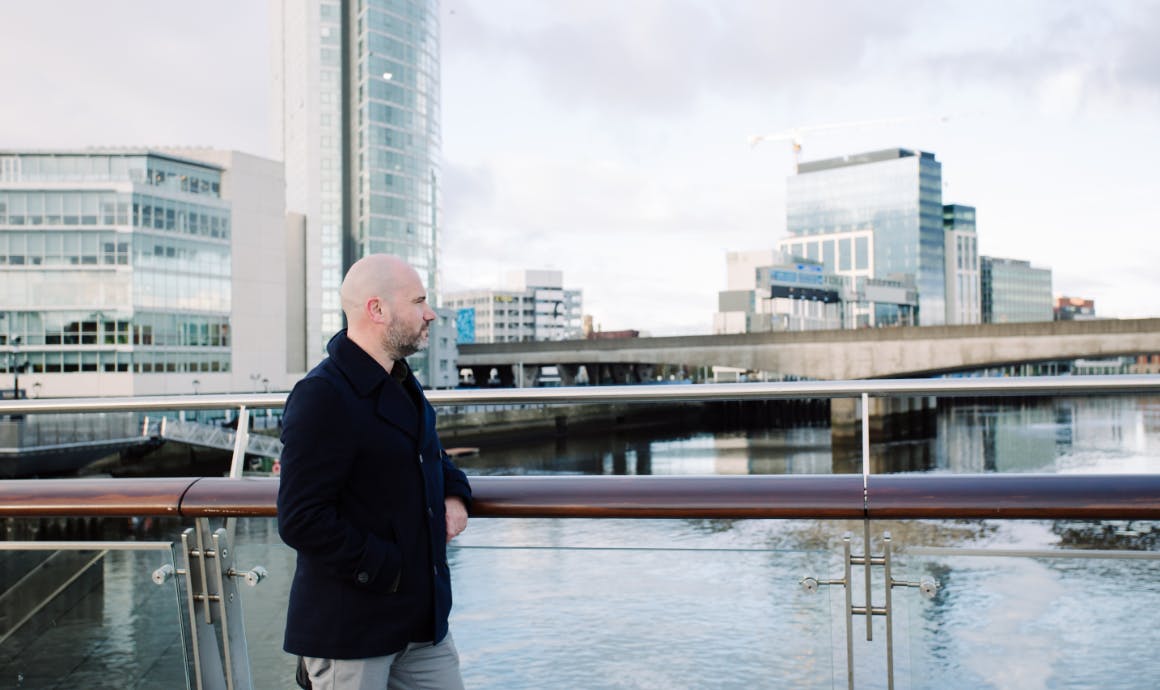CarbonFIT
It pays to be ahead of the game. For 15 years Stephen Dunn has been spreading the message about the dangers of carbon emissions and helping Northern Ireland companies reduce their carbon footprint. Now, at last, world leaders are catching up.
The UK Government has been leading the charge towards a global net zero at the COP 26 Climate Change conference this November. It has promised tough measures to ensure the UK cuts emission by at least 68% by 2030, and reaches net zero by 2050. That gives Stephen and his company, SDS Energy, even more ammunition to convince business to reduce their carbon footprint. And now he has an innovative digital solution, CarbonFIT, to make that even easier.




